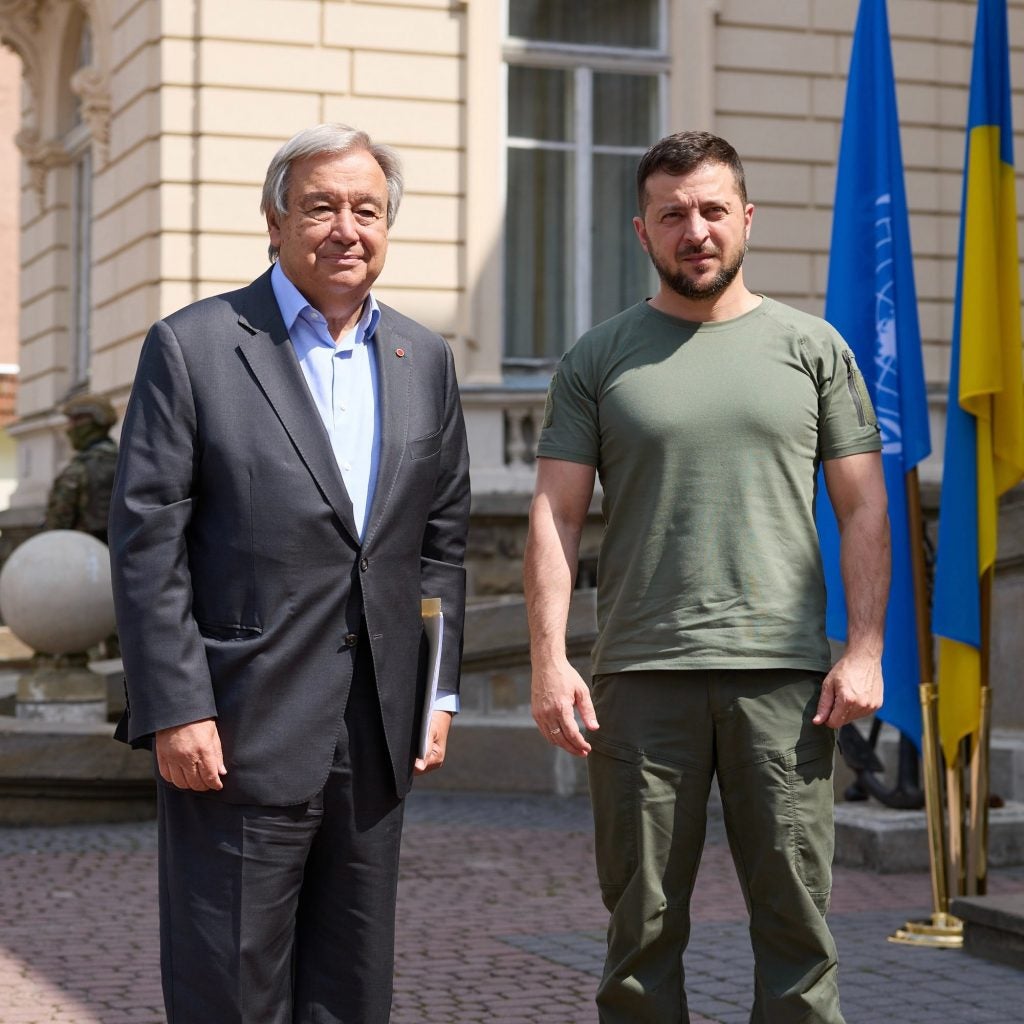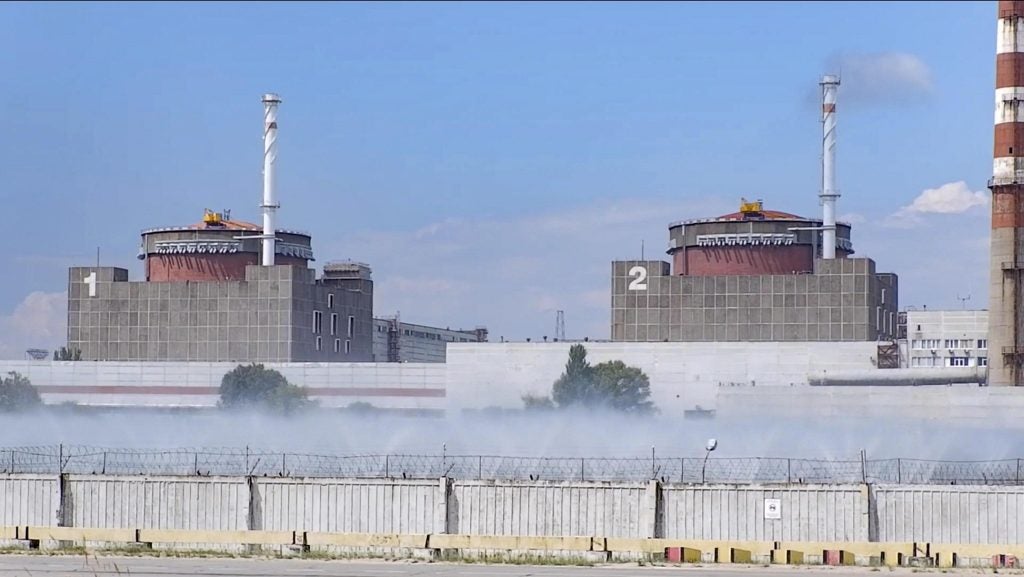Russia’s UK Embassy Caught Fabricating Quote From Japanese Official On Ukrainian Nuclear Power Plant
The Japanese government has lodged a diplomatic protest against Russia’s embassy in the United Kingdom, after the embassy’s Twitter account fabricated a quote falsely attributed to Japanese Special Advisor to the Prime Minister on national security and nuclear disarmament, Kishi Nobuo, that accused Ukrainian forces of shelling the Zaporizhzhia Nuclear Power Plant.
In a statement made after the Embassy was made to delete the Twitter post in question, Japan’s Ministry of Foreign Affairs reiterated that the former Japanese defense minister had never made the post in question, adding:
“Russia’s aggression against Ukraine infringes upon the Ukraine’s sovereignty and territorial integrity and constitutes a serious violation of the UN Charter, which prohibits the use of force, and Japan cannot tolerate the spreading of disinformation by Russia.”
Prior to the lodging of the protest, Kishi had demanded that the embassy delete the post, stating that it was a fake. The fabricated quote from the Russian embassy claimed that the alleged Ukrainian shelling of the nuclear power plant risked creating a nuclear disaster, repeating “American crimes”.
The embassy’s fabrication of the quote comes amidst an exchange of accusations by Russia and Ukraine over shelling of the nuclear power plant and its compound since early August that both parties blame on the opposite side. Following state-run Ukrainian nuclear power company Energoatom’s warning that Russian forces have mined the plant, Ukrainian military intelligence earlier this week accused Russian forces of preparing for a false flag incident that would be blamed on Kyiv.
Zaphorizia Oblast Military Administration head Oleksandr Starukh has described Russian actions as “nuclear blackmail” due to the unpredictability of outcomes of an incident at the plant. “I believe it is blackmail, the typical nuclear blackmail, because nobody controls the wind, and the wind can carry the radioactive cloud wherever it blows. For example, toward Crimea or Rostov, or to Moscow”, said Starukh on 9mAugust.
While Starukh said that the reactor units were reliably protected, Kyiv was not able to totally guarantee their safety due to the presence of Russian forces, as well as a lack of information on what weaponry and equipment Russian forces have placed throughout the plant area. Additionally, he said that there was “some danger” posed by a possible incident at the spent fuel storage facility, as the protection for the spent fuel was less extensive than those for the reactors.
On Thursday, United Nations Secretary-General Antonio Guterres reiterated his calls for the withdrawal of all military personnel and equipment from the Zaporizhzhia Nuclear Power Plant, calling for the area to be “demilitarized” following a meeting with Ukrainian President Volodmyr Zelensky and Turkish President Recep Erdogan in Kyiv, warning that any damage to the plant was “suicide”. Guterres also added that there was sufficient logistics and security capacity to support any International Atomic Energy Agency (IAEA) mission to the Zaporizhzhia Nuclear Power Plant from Kyiv, should both Russia and Ukraine agree to it.

IAEA Director General Rafael Mariano Grossi has requested that such a mission be carried out alongside the end of military activity around the power plant, citing contradictory information from Ukraine and Russia on the plant’s condition that require the physical presence of IAEA experts on site to corroborate. “It is those facts, gathered during a site visit, that are needed for the IAEA to be able to develop and provide an independent risk assessment of the nuclear safety and security risks”, said Grossi at an August 11 session of the United Nations Security Council.

